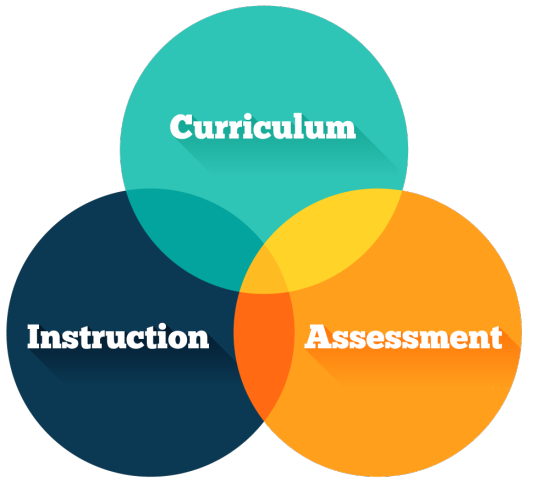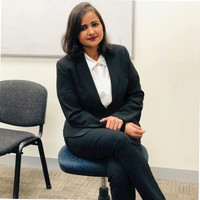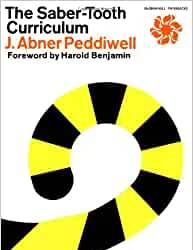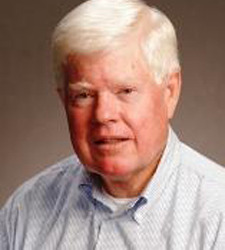Photo

Technology
Present in all the programmatic contents of the subjects, its implementation in schools and universities is not ideal.
Argentina has set out to equip all students with computers and install infrastructure. of laboratories, training and educational resources adequate to comply with the planning of each digital, but the investment is very large, which does not reflect the expected results at the level of technological and educational progress
There is not the necessary resource there is not the number of laboratories to comply with the planning of each of the teachers that make up the academic platform of the institution, with the use of ICT and this occurs in a similar way at all levels educational
0 notes
Photo

Curriculum of Colombia
Colombia has an evolving, pertinent, investigative and diversifying school curriculum, with dialogic, formative and comprehensive evaluations.
In the Colombian academic formation, education is compulsory up to secondary education for a total of twelve years.
In Colombia, life, physical education, physical integrity, the senses, imagination and thought, emotions, practical reason, play and control over one's environment are considered as central aspects.
0 notes
Text
Curricular Approach
The approach of the Colombian educational curriculum highlights its humanitarian character due to the fact that the human being is considered the center of development. The construction of a curriculum for academic excellence and comprehensive training requires that citizenship education be built from being to knowing.
Theoretical body that supports the visualization of the different elements of the curriculum, and how the interactions are made (criteria, study plans, programs, methodologies and processes).
Theoretical emphasis that orients the curriculum.
It is what guides curriculum planning.
0 notes
Photo

Kinds of approaches
Psychologist: Psycho Pedagogical analysis of the individual → behaviorist.
Academic and intellectualist: "Social" cultural value → impact.
Technological: Rationality for quality. Efficiency in transmission.
Social-reconstructionist: Culturalization of people.
Dialectical: Character of action, socially productive with reality.
Curricular approaches originate curricular models, which are theoretical options assumed by an educational system to interact with the curriculum.
Linear: Chain reaction.
Systematic: Subsystem of encompassing systems. →Social system.
Integrative: Processes of permanent interaction, it is given by cycles, its objective is to condition the content and methodology to the resources.
0 notes
Photo

Essential Curriculum Development Steps Needing Emphasis
Needs assessment: if not conducted, a wonderful curriculum could be developed, but the appropriate needs of the target audience may not be met.
Involving youth: the target audience and volunteers (or staff) who will be the implementers of the curriculum must be involved (i.e., they participate as full members of the curriculum development team).
Recruiting and training volunteer facilitators: competent and skilled curriculum implementers are critical (the printed word cannot teach experiential group process, it doesn't provide feedback).
Evaluating and reporting on the impact of the curriculum: is critical for securing human and financial support from key policy decision makers and for assessing whether the curriculum has achieved the intended outcome.
0 notes
Photo

It is a way of dealing with curriculum, a way of doing, creating, designing, and thinking about the curriculum. (Prof. Mandeep Kaur Randhawa, 2018)
0 notes
Photo

The totality of all that is planned for children and young people throughout their education’ (Scottish Government, 2008)
0 notes
Photo

This in turn raises further questions about the choice and organisation of curriculum content. Should the curriculum be structured around subjects (the prevailing secondary model in the UK) or themes, a primary school approach? Should school knowledge focus more on ‘learning that’ or ‘learning how’? Should there be a core curriculum for all young people, or should there be choice? What about relevance to real life? Or is the school curriculum a sabre-tooth curriculum (Peddiwell, 1939)
0 notes
Photo

The definition of instruction and curriculum is subjective. Both curriculum and instruction may take on different meanings based on the purpose or interpretation whether political, social, or educational. Curriculum is what is taught in schools, instruction is how curriculum is delivered and learning is what knowledge or skill has been acquired (Wiles et al., 2002).
0 notes
Text
REFERENCES
- Cox, C. (2011, abril). Currículo escolar de Chile: génesis, implementación y desarrollo. MAPEAL. Recuperado 28 de noviembre de 2021, de https://mapeal.cippec.org/wp-content/uploads/2014/06/Curr%C3%ADculo-escolar-de-Chile-g%C3%A9nesis-implementaci%C3%B3n-y-desarrollo.pdf
- Mujica-Johnson, F. N. (2019, 13 noviembre). Análisis crítico del currículo escolar en Chile en función de la justicia social. Scielo. Recuperado 28 de noviembre de 2021, de https://www.scielo.sa.cr/scielo.php?script=sci_arttext&pid=S1409-42582020000100472
- UCE. (2018). Documentos Curriculares. Curriculum Nacional. MINEDUC. Chile. Recuperado 28 de noviembre de 2021, de https://www.curriculumnacional.cl/portal/Documentos-Curriculares/
- Davini, M. C. (1997). El Curriculum de Formación del Magisterio en la Argentina. Educ.ar. Recuperado 28 de noviembre de 2021, de https://cdn.educ.ar/dinamico/UnidadHtml__get__2699e6d2-7a08-11e1-83d9-ed15e3c494af/Curriculum_Davini.pdf
- Mayora, C. A. (2019). Analyse du programme de la langue anglaise dans des établissements scolaires publiques à Cali, Colombie. Scielo. Recuperado 28 de noviembre de 2021, de http://www.scielo.org.co/scielo.php?pid=S0120-34792019000300685&script=sci_abstract&tlng=fr
- Molina-Natera, V. (2012). Escritura a través del currículo en Colombia: situación actual y desafíos. Redalyc. Recuperado 28 de noviembre de 2021, de https://www.redalyc.org/pdf/2810/281024896006.pdf
- Bohórquez, R. C. (2009). Media as Medium in Colombian Education: How Media and ICT are Changing Communication and the Curriculum in the School. Scielo. Recuperado 28 de noviembre de 2021, de http://www.scielo.org.co/scielo.php?script=sci_arttext&pid=S0123-46412009000100009
- El Sawi, G. (1996). Curriculum development Guide: Population Education for non-Formal Education programs of Out-of-School Rural Youth. FAO Organizational Chart. Recuperado 28 de noviembre de 2021, de https://www.fao.org/3/ah650e/ah650e03.htm
1 note
·
View note
